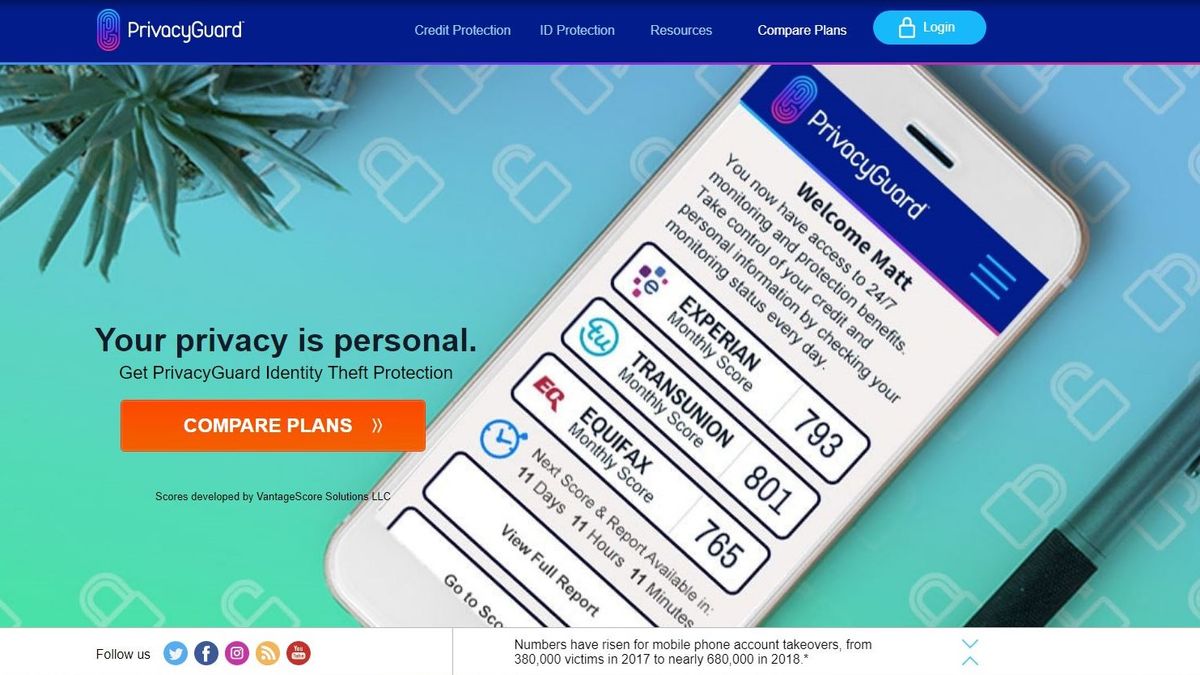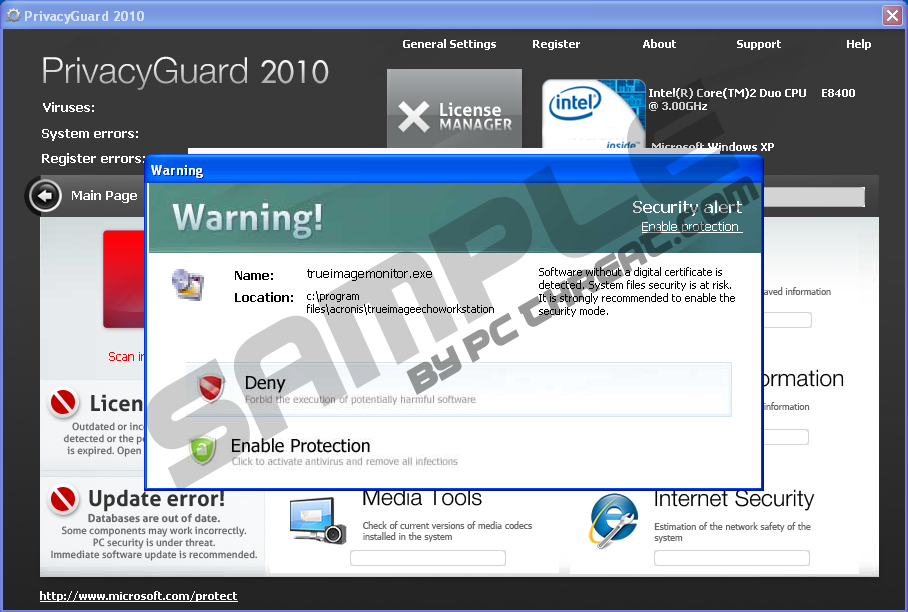

Equifax offers a similar service that “scans thousands of Internet sites where consumers’ personal information is suspected of being bought and sold, and is constantly adding new sites to those it searches.” None of the identity theft services we contacted provided much in the way of specifics as to which databases they monitored for ID or Social Security number fraud, though LifeLock says in a footnote on its website: “Although it is very extensive, our network does not cover all transactions at all businesses, so you might not receive a LifeLock alert in every single case.” PrivacyGuard’s website says that “PrivacyGuard monitors your Social Security number in credit headers and public data sources however, it is impossible to ensure that all public data sources have been searched.” Representatives of IdentityForce, which includes a “smart SSN tracker” feature, told us it monitors “Dark Web sources and networks, open and exposed data repositories, criminal, court, and other public records for signs a member’s identity has been compromised,” so it’s possible that ID and Social Security number monitoring falls within the other sorts of monitoring these companies do. The thief can usually fill in the rest of the gaps by searching on Google, Linkedin, Facebook, and the like. This step includes using people-search sites, such as Spokeo and Intelius, to pull up details that might include mother’s maiden name, known associates, address history, and more.

In the marketplace, thieves don’t see the name of the person or any identifying details before purchasing. The profile can also include tax filing information, bank account details, phone numbers, and more.
#Privacy guard credit report review full#
An identity thief heads to a dark-web marketplace and buys a “fullz,” which-as the name suggests in a ’90s fashion-includes a full profile of a person, encompassing their name, date of birth, and Social Security number.This category of fraud also saw a bump in reported cases in 2020, with a roughly 347% increase in the second quarter of 2020 over the second quarter of 2019. Tax-related fraud: When a thief files a tax return with your information before you in order to claim your tax refund, or uses your Social Security number to get a job, it’s classified as tax fraud.Loan or lease fraud: Anytime a thief uses stolen information to take out any type of loan-including auto, business, personal, student, or real estate loans-in someone else’s name, it falls into this category.Shameka Walker, attorney and identity theft program manager at the FTC, told us the FTC connected this increase in unemployment benefit requests to the COVID-19 pandemic: “We actually have seen a direct correlation with the pandemic and an increase of the amount of complaints in that category.” Until 2020, benefits fraud wasn’t especially common, but between the first quarter and the second quarter of 2020, the FTC saw a roughly 2,217% increase in reports. Government benefits fraud: This type of fraud can include someone else filing for or receiving government benefits, such as unemployment, in your name.Credit card fraud: This practice includes using your current credit card number for fraudulent purchases or opening up new accounts in your name.


 0 kommentar(er)
0 kommentar(er)
